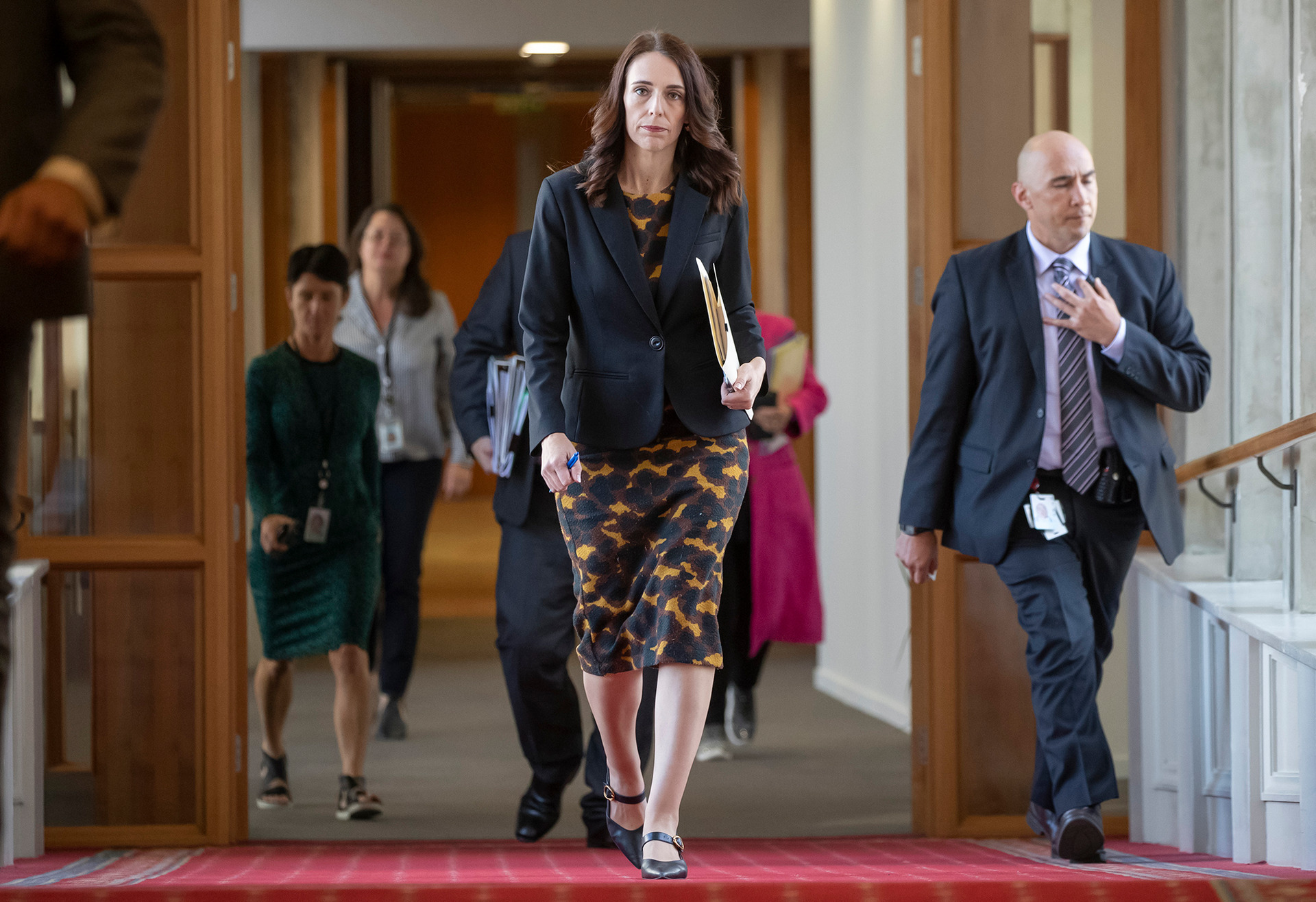政府将对《教育和培训法案》(Education and Training Bill)提出一系列修正案,帮助国际教育部门尽快复苏,并确保教育系统能够更好地应对未来的紧急状况。
“我们敏锐地意识到国际教育部门目前所面临的挑战。我们的教育出口为我国经济和教育国际品牌做出了巨大贡献。法案的修正案将有助于支持该行业复苏。”教育部长克里斯·希普金斯(Hon Chris Hipkins)说。
修正案包括不要求向2020年和2021年的教育出口征费(Export Education Levy),以消除受国际学生流失影响的教育提供机构的一些经济负担,已缴纳的征费将退还。
“我还打算暂时允许学校根据具体情况,为2020年期间入学的海外学生提供远程教育,包括NCEA课程。”
“自该法案首次提出以来,疫情对我们的教育部门产生了重大影响,并显示出当前立法的一些实际限制。因此,我提出了一些进一步的更改,以更好的解决疫情所带来的这些实际难题和挑战。”部长说。
2019年,政府承诺与高等教育部门合作,共同制定一项针对国内学生牧民护理专业的实践守则(Code of Practice),该守则将于2021年1月1日生效。
“由于教育机构对疫情影响关注的不断上升,在2021年1月之前完全制定和实施新的守则已不再可行,然而这是一项重要的工作,因此,我们建议保留当前的临时准则到2022年1月1日。”
“我要感谢教育和劳动力委员会(Education and Workforce Committee)在本法案方面所做的工作。委员会建议了许多有用的修正案。”
该法案的修正案包括:
- 教育部长能够根据流行病或紧急情况改变高等教育拨款的决定,无需三个月的停滞期
- 教育部长能够建立私人培训机构(Private Training Establishment)的子类别
- 学区划分的责任从受托人学校董事会转移到教育部的时间推迟到2021年1月1日
- 教育部秘书酌情决定允许同一家庭兄弟姐妹在新的或经过修改的学区上同一所学校
- 在紧急状态下,疫情公告期或国家紧急过渡期,教育部秘书将会有新的权力
- 允许教育部秘书在紧急状态或疫情公告期内,指示学校关闭,或在无理由关闭学校时重新开放学校。
(以上为简译,仅供参考,具体内容请见原文)
英文原文
Education laws to be strengthened
The Government will introduce a range of proposed amendments to the Education and Training Bill to help the international education sector’s recovery from COVID-19 and ensure the education system is better capable to respond to future emergencies.
“We are acutely aware of the challenges the international education sector is currently facing. Our export education sector is a big contributor to our economy and international brand. Many of the changes announced today will help to support the sector get back on its feet,” Education Minister Chris Hipkins said.
New proposed changes to the Bill include not requiring payment of the Export Education Levy for the 2020 and 2021 years to remove some of the financial burden on education providers affected by the loss of international students. That levy will not apply to enrolments in 2020 and 2021 and levies already paid will be refunded.
“I also intend to temporarily allow schools to offer distance learning, including NCEA, to students based off-shore who have enrolled with the school during 2020, on a case-by-case basis,” Chris Hipkins said.
“Since the Bill was first introduced, COVID-19 has had a significant impact on our education sector and revealed some of the practical limitations of our current legislation. That’s why I have proposed some further changes to respond to the sector’s need to manage the disruptions and difficulties of the new COVID-19 environment.”
In 2019 the Government committed to work with the tertiary sector to develop a Code of Practice for the pastoral care for domestic tertiary students, which was to take effect from 1 January 2021.
“With education providers focused on the impact of COVID-19 we agree it’s no longer practicable to have the new Code fully developed and implemented by January 2021. This is an important piece of work, so we are proposing that the current Interim Code remains in place until 1 January 2022,” Chris Hipkins said.
“I want to thank the Education and Workforce Committee for its work on this Bill. The Committee has recommended a number of useful amendments, including introducing a definition of physical force and making sure that there is a clear process to appeal home school exemption decisions.”
Further amendments to the Bill would:
- enable the Minister of Education to vary a tertiary funding determination, without a three-month stand-down period, in response to an epidemic or emergency
- enable the Minister to establish Private Training Establishment sub-categories
- delay the transfer of responsibility for school enrolment zones from school boards of trustees to the Ministry of Education to 1 January 2021
- allow for the use of grand parenting provisions in relation to enrolment schemes at the discretion of the Secretary for Education to allow siblings to attend the same school where a new or amended home zone has been put in place
- provide a new set of powers for the Secretary when a state of emergency, epidemic notice, or national transition period for recovery is in place
- allows the Secretary to direct a school to close when a state of emergency or an epidemic notice is in place, or to reopen a school where the closure is no longer justified.
Further information on these amendments is available in the accompanying Cabinet Paper.
“The proposed amendments will be tabled as Supplementary Order Papers when Parliament next considers the Education and Training Bill during the Committee of the Whole stage,” Chris Hipkins said.

版权声明:
1、凡《新西兰信报网》转载的新闻、观点等,版权归原新闻信源所有,新闻内容和观点不代表本新闻机构立场。
2、未经本机构许可,其他任何机构、个人不得复制、摘录、转载或以其他任何形式使用《新西兰信报网》采访、编译和其他知识产权的任何内容,违者将追究法律责任。
3、如有任何问题,请联系nzmessenger@xtra.co.nz。

































